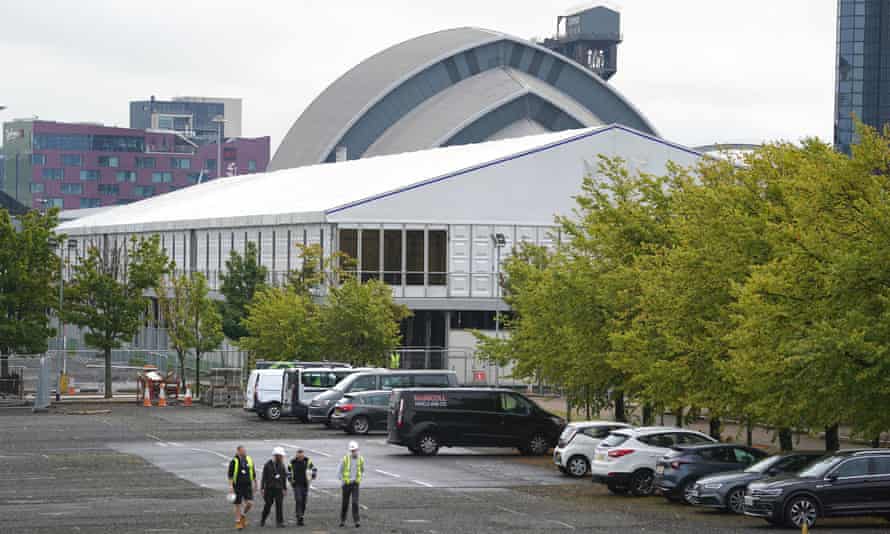The Secret Negotiator: Cop26 must leave the old diplomacy behind
An insider reveals what is going on behind the scenes of the climate conference

So far, all the preparation work we have done has been beating around the bush – not much that is substantial is happening yet. The homework has been done very well, but only on the issues that are not very substantive for this Cop, such as technical issues to do with the Paris agreement. We need to discuss now the issues which are most substantive: ambition, and climate finance.
Ambition means how much we are going to cut emissions, in line with the Paris agreement targets – and that means how much are developed countries and the biggest developing countries going to cut emissions. Since the IPCC report in August, this has become even more urgent.
The IPCC was a wake-up call – as the UN secretary general said, this is code red for humanity – but the problem is that there is a huge disconnect between the IPCC science on one hand and national and international politics on the other. The IPCC findings were vetted by every country in the world, but once everybody went home, they forgot about it.
If they were true to the IPCC findings they signed off, things would be very different – we would be seeing a lot more action on cutting emissions urgently. But we are not seeing that. That is the tragedy that is happening.
Major emitters – developed and developing countries – need to show the way to the cuts that are needed. We cannot do it without them, but we are not yet seeing the level of ambition that we need that will keep us within the IPCC’s advice.
Take China. In 1992, when these talks started, no one would have predicted where China would be now as an economic power. Its emissions are now huge; that wasn’t envisaged on this scale at the first Cops. China is classed as a developing country at the Cops, but it is very different from the small developing countries, and their interests are not necessarily the same.
Look at other big developing countries, such as India, Mexico, Saudi Arabia. There is a huge difference between their interests and those of small developing countries.
The G77 used to be a common block for developing countries at the Cops, but the major emitters among the developing countries are now looking to their own national interests first, while small developing countries are struggling and need help.
We are still living in the diplomacy of 200 or 300 years ago. Everyone still appears to be bound by their national interest in these talks. They have a narrow focus on their own country, and they see diplomacy as a zero sum game: if one wins, another must lose. But it is not like that any more. With climate change, we all lose. We cannot look at the climate through this narrow focus on national interest as that leads to disaster, as we have seen.
We need to break out, into a new 21st-century diplomacy where we recognise that we all have an interest in the planet. So far, I do not see that happening at these talks.
-
Every week we’ll hear from negotiators from a developing country that is involved in the UNFCCC negotiations and will be attending the Cop26 climate conference.